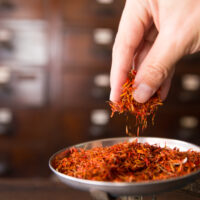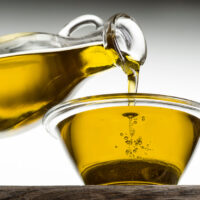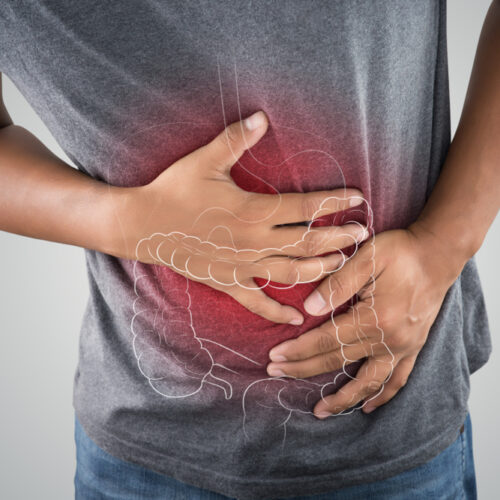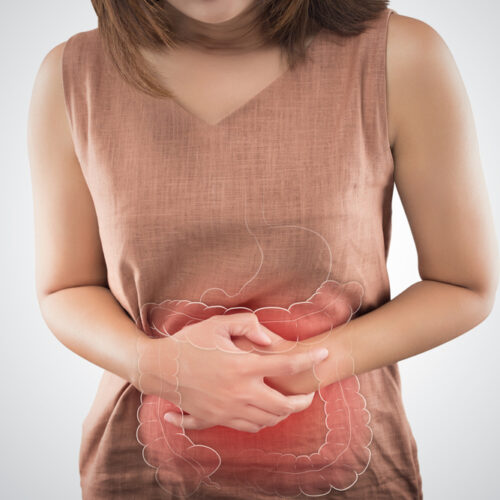Top 5 foods that help fight chronic myeloid leukemia
Chronic myeloid leukemia, which is also called chronic myelogenous leukemia, is a cancer of the bone marrow. It essentially leads to the increased production of white blood cells in the blood. When an individual is battling leukemia, they may feel fatigued, and their immune system can get compromised. This makes proper nutrition intake extremely important.
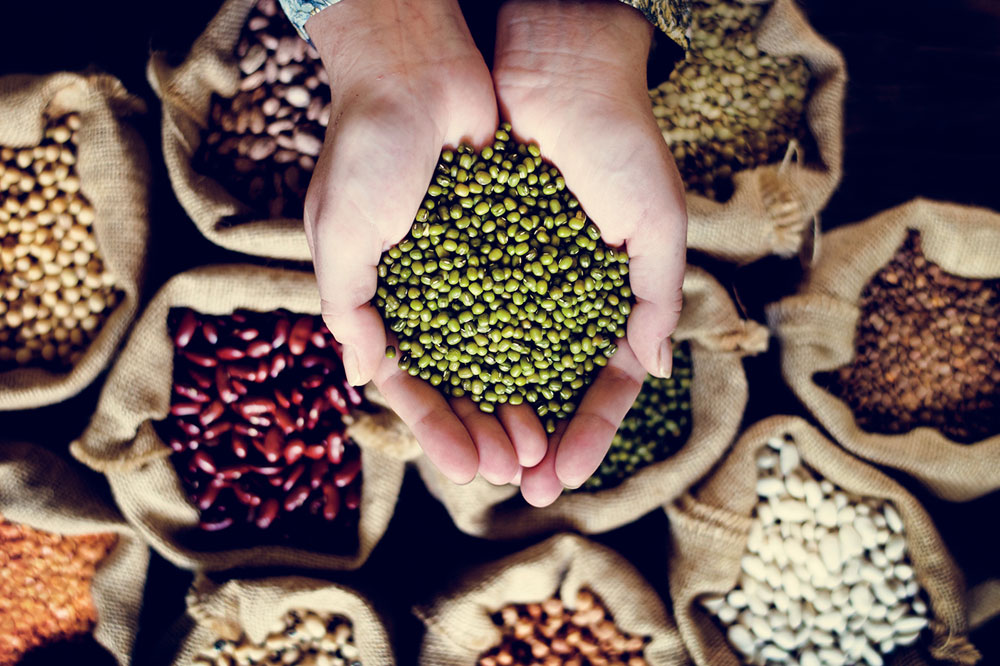
Protein-rich foods
Protein is necessary for repairing cells and tissues and strengthening the immune system. It is recommended that people with chronic myeloid leukemia eat at least one meal a day that contains a good source of lean protein such as chicken, fish, or turkey. Some other protein-rich sources include eggs, soy and soy products, beans, nuts and nut butter, and low-fat dairy products.
Probiotics
These are healthy bacteria the stomach needs to manage food better and keep the body healthy. Yogurt is one of the most popular and easily available sources of probiotics. Make sure the label says “Live and Active Culture,” an indication that the yogurt has probiotics in it. Other good sources include kefir, kombucha, sauerkraut, miso, and tempeh.
Wide variety of fruits and vegetables
The diet of individuals with chronic myeloid leukemia must consist of a variety of fruits and vegetables. Besides being rich in vitamins and minerals, these foods are packed with antioxidants and contain phytochemicals, which are known to fight cancer cells. One can top cereals with their favorite fruits, drink smoothies, or enjoy a bowl of berries for dessert. Try to include these fruits and veggies in the daily diet: apples, bananas, strawberries, leafy greens, cauliflower, and broccoli.
Whole grains
Whole grains are an excellent source of carbohydrates and fibers, both of which are required to maintain healthy energy levels during and after the treatment. Experts suggest consuming only 100% whole-wheat bread, whole-grain cereals, quinoa, oats, and replacing white rice with brown rice. When choosing pasta, it is better to pick a whole-grain variant instead of white.
Healthy fats
Healthy fats are vital to soothe the stomach and boost one’s health. So, make sure to avoid fried and fatty foods and, instead, consume baked, broiled, or grilled foods. Some great sources of healthy fats include olive oil, avocados, nuts, and seed. Even fatty fish such as salmon, mackerel, sardines, and tuna are great sources of healthy fats.




